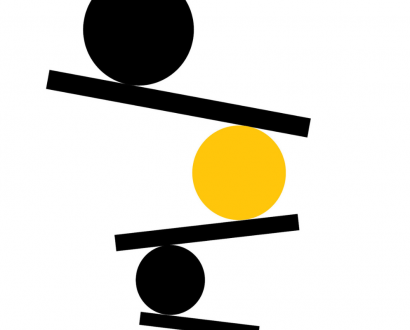Do you get sick on day two or three during your holidays? Have you ever had a really good month or quarter at work and then crashed? This is normally a sign that you are not recovering properly from stress or illness and that you are not managing your body’s physiology.
Surge capacity is a set of mental and physical adaptive systems that give us the extra energy we need to survive short periods of high stress. Our biology has not been designed for extended periods without respite or recovery.
Our biology has not been designed for extended periods without respite or recovery.
Creating an annual recovery plan is a proven strategy to help busy people get through the year and mountains of work. It could just be the missing piece of the puzzle that helps you sustain performance and take back control of your life. Here’s how:
1: Plan your break
Invest time to research holiday locations and earmark relaxing activities. Pack early, keep important paperwork – including your passport and travel documents – in the same place, and make sure you get a good night’s sleep the night before you leave.
2: Leave work in the office
Don’t be tempted to take incomplete reports or proposals with you, in the hopes that you will work on them by the beach. Be disciplined and leave work in the office.
3: Bury the technology
Cure your technology addiction by leaving your laptop in the office or at home and far, far away from your holiday. Make a conscious effort to disconnect from your phone too. Ground yourself in your surroundings without music or podcasts. And allow your body to recalibrate itself and wake itself up naturally with the sun, and not the screen.
4: Prune your schedule
Don’t jam-pack your holiday the same way you schedule your working week. Try to leave a margin of space to simply chill and have time out by not spending every waking moment of your holiday doing things. Also, consider staying in one place. Avoid the temptation to tick off the tourist highlights in Rome, Venice and Naples in just three days. Try taking it slow.

5: Try something new
Engage in something totally left field to give your brain a rest from the normal day-to-day grind. Try windsurfing, paddling a kayak, reciting some phrases in French, doing yoga, a cooking class or booking a relaxing massage.
6: Get up at the same time every day
A big trap on holidays is the circadian rhythm-free running cycle, where you find yourself sleeping later each night and not waking up until late morning. Go to bed and get out of bed at your regular times. If you are sleep-deprived, reward yourself by going to bed an hour earlier each night, or by having an afternoon siesta.
7: Lock it in the diary
Grab your diary right now, sit down for 15 minutes, and map out your annual recovery plan for the next 12 months. Even better, if you are in a permanent relationship, sit down with your partner and plan your next holiday and quarterly minibreaks together. It’s amazing that even knowing about an upcoming getaway can help you through the worst of days. Lock in weekly activities to help you get regular recovery points, too, so you can make yourself accountable.
I have been working in elite sport for more than two decades, which has taught me the importance of recovery and regeneration. The world’s best athletes and sporting teams now spend more time, more energy, more money and more resources on recovery than they do on training. Leaders now have stronger obligations to manage their employees’ psychosocial safety at work, and recovery plans are one guaranteed way to manage burnout.
Andrew May is a high performance coach and host of the Performance Intelligence Podcast . He is one of the world’s leading mental skills coaches, with clients including elite athletes, CEOs, and organizations. Find out more at www.andrewmay.com.







